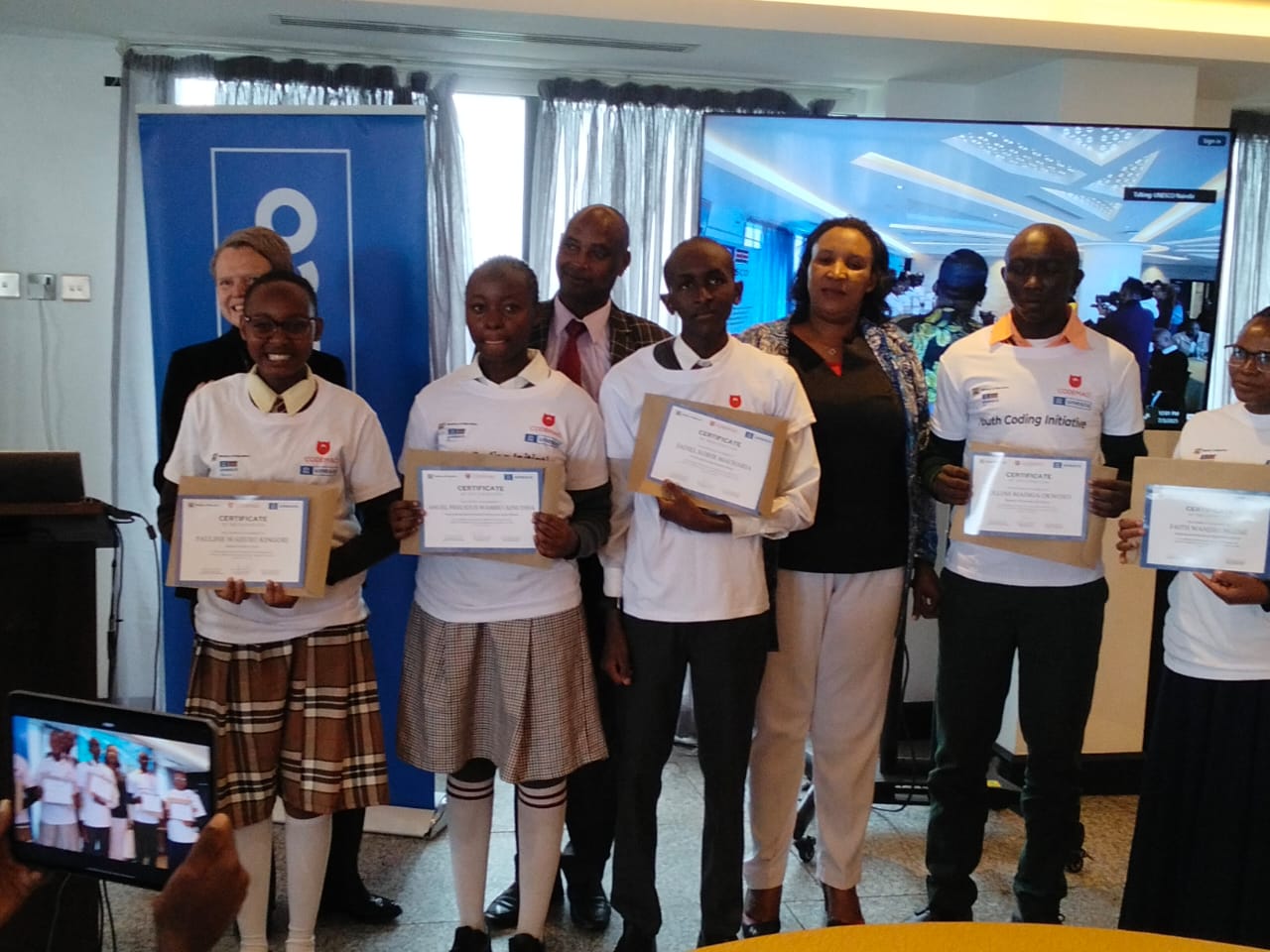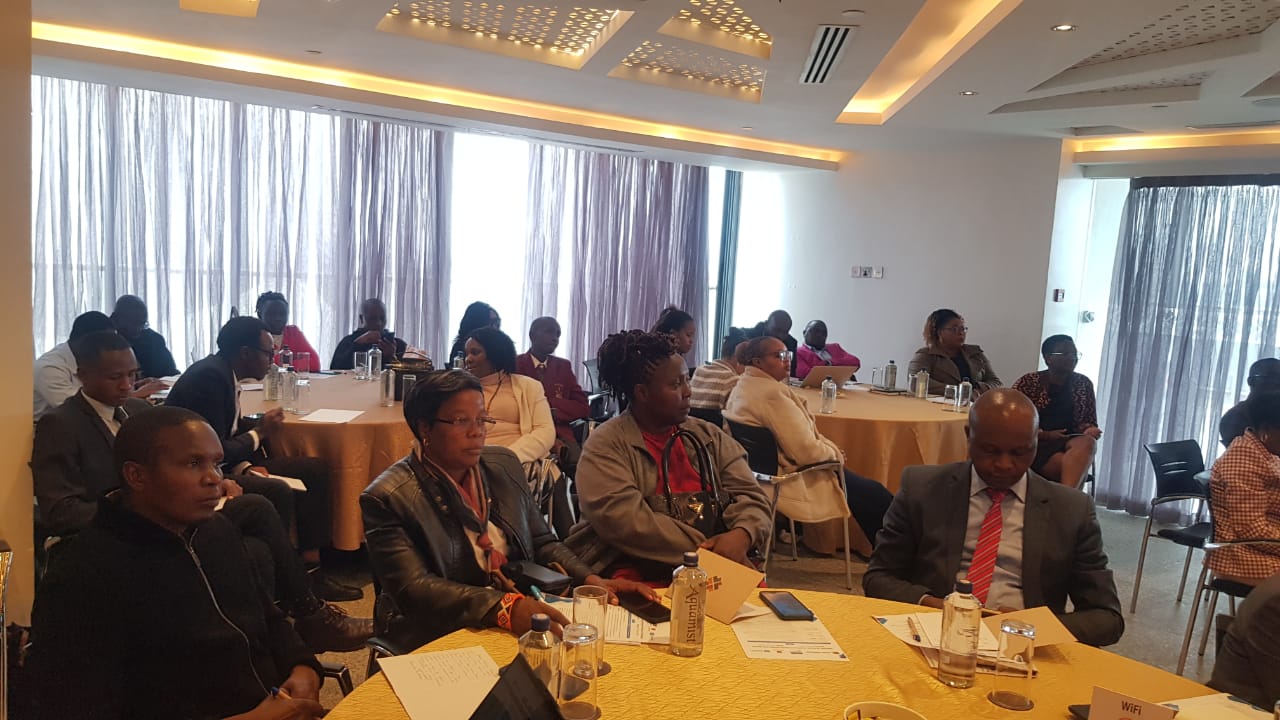
The Ministry of Education has today launched the Youth Coding Initiative in partnership with the United Nations Educational, Scientific and Cultural Organisation (UNESCO).
The initiative aims to enhance the coding and artificial intelligence (AI) skills of young people and teachers.
It also seeks to advance ecosystem development for sustainable ICT education across Africa and Asia, while building international technology education collaboration platforms to enhance digital literacy.
Speaking about an exchange trip to China, Codemao Jingyi Tan, a UNESCO dignitary, said the visit would promote technological and cultural exchange between Asian, African countries and China.
The program also aims to strengthen international cooperation on emerging technologies.
One of the students selected for the trip, Angel Precious, expressed her gratitude, saying the program would help her explore her creativity and advance her career in technology.
Faith Isinya, a teacher at Isinya Primary School, thanked UNESCO for providing 10 digital devices to their school.
“These devices are more than just hardware; they are gateways to opportunities,” she said.
Mohammed, Director of the UNESCO Institute, who joined the event virtually, noted that the first phase of the Youth Coding Initiative had achieved successful results, adding that they were proud of the progress.
“It is essential for us to anchor our education and capacity-building programs in today’s increasingly digitalised world. As we know, Africa is the youngest continent. The next generations around the world need to be equipped,” he said.
Principal Secretary for the State Department of Basic Education, Professor Julius Bitok, said in a statement that the Ministry is delighted to see young learners not only consuming technology but also beginning to create with it.
He assured the Ministry’s support for the initiative, saying it aligns with national education policies and strategic goals, including the National Education Sector Strategic Plan 2023–2027.
Coding was integrated into Kenya’s Competency-Based Curriculum (CBC) as a core skill, particularly within the Science and Technology subject area.
The goal is to equip students with essential 21st-century skills such as problem-solving and computational thinking, preparing them for a technology-driven future.
The new transformative education system places greater emphasis on the National ICT in Education strategy, which aims to integrate ICT into the curriculum at all levels, improve access to quality digital learning resources and infrastructure, and promote equity in digital access, especially in marginalised regions.
The coding initiative has proven effective, with teachers receiving hands-on training in coding instruction. So far, 200 teachers have been certified, 45 per cent of whom are women.













